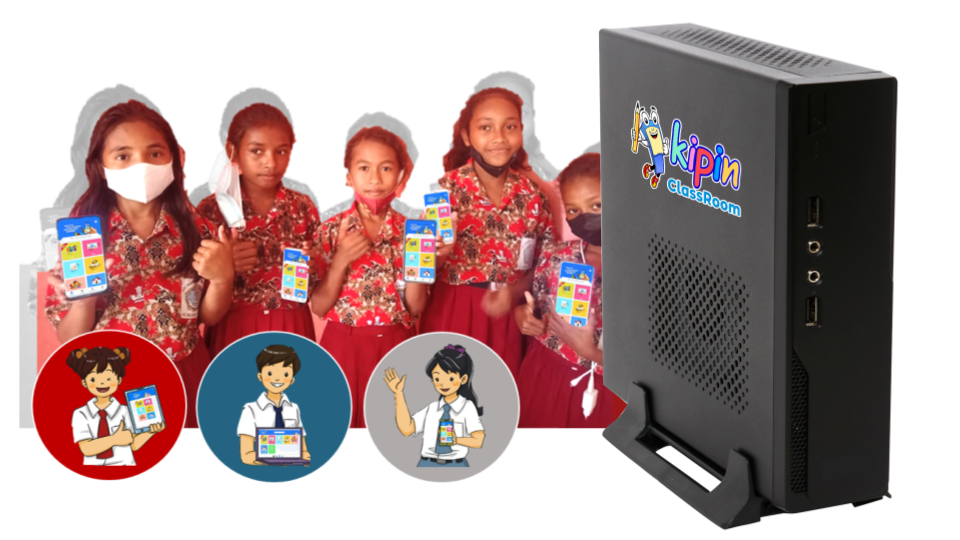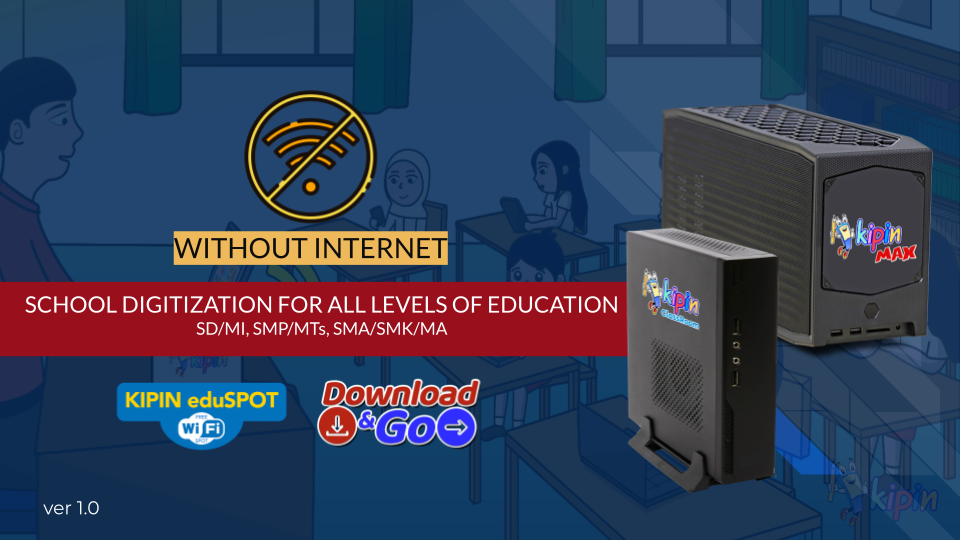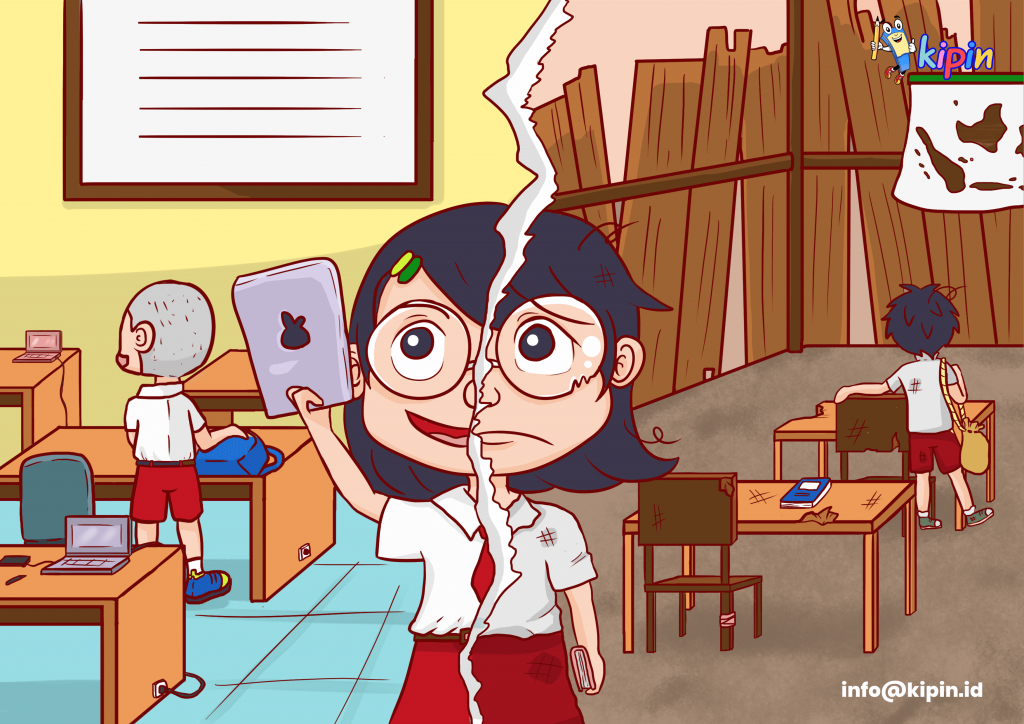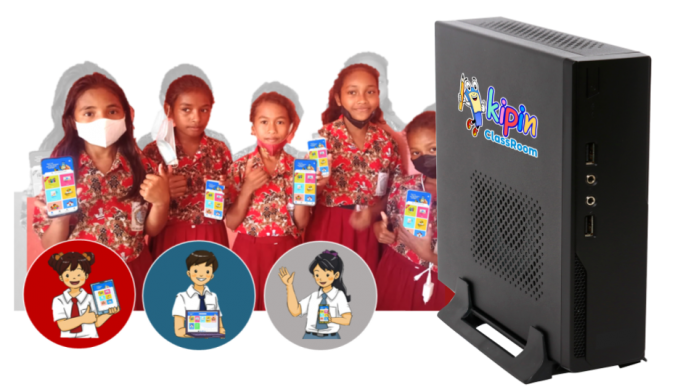
In an era where digitalization is reshaping education worldwide, Indonesia is no exception. The need for quality digital education accessible to all students, including those in remote or underserved areas, has never been greater. Enter Kipin Classroom, a game-changing device that is spearheading the digitalization of schools in Indonesia. Offering a comprehensive curriculum, offline functionality, and a versatile assessment system, Kipin Classroom is revolutionizing education by making digital learning accessible to everyone, regardless of their internet connectivity.
Indonesia, with its vast geographical spread, faces unique challenges in providing equitable access to education. While the country has made significant strides in expanding educational opportunities, there is still a substantial digital divide, particularly in remote areas where internet connectivity remains elusive. The COVID-19 pandemic further highlighted the importance of digital solutions for continuity in education.
Kipin Classroom: The Best Solution for School Digitalization
Kipin Classroom has emerged as a beacon of hope in addressing Indonesia’s educational challenges. Here’s why it’s the best solution for school digitalization:
1. Comprehensive Curriculum Contents : Kipin Classroom boasts a complete and up-to-date curriculum, ensuring that students have access to a wide range of educational materials across various subjects. From 5,000 textbooks to motoric interactive lessons, 2,000 videos, 50000 question practices, 500 literacy comics, the device is designed to enhance the learning experience and help students thrive academically.
2. Offline Functionality : One of the standout features of Kipin Classroom is its ability to function seamlessly without the need for an internet connection. Recognizing the internet limitations in many parts of Indonesia, Kipin Classroom allows students to learn offline. This is a game-changer, particularly in remote and underserved areas, where consistent internet access remains a challenge. Kipin has a “download and go” feature which allows students to download digital learning content to their own devices for studying at home without internet access.

3. Versatile Mobile Apps : Kipin Classroom offers mobile Kipin School 4.0 apps compatible with Android, iOS, and Windows operating systems. This versatility means that students can access their digital learning resources on a wide range of devices, from smartphones and tablets to laptops and desktop computers. The user-friendly interface ensures that students of all ages can navigate the platform with ease. Teachers love it too.
4. Best-in-Class Assessment System Kipin PTO 2.0 : Kipin Classroom’s assessment system is a standout feature. It enables schools to conduct exams, quizzes, and assessments without requiring an internet connection. Teachers can monitor student progress, generate reports, and provide valuable feedback, all within the offline environment. This assessment system ensures that students receive timely feedback and can track their own learning progress. Teachers also save a lot of time.
Conclusion

Kipin Classroom is at the forefront of the school digitalization program in Indonesia, offering a comprehensive, offline solution that is sorely needed in a country with diverse geographical and digital access challenges. Santoso Suratso Bsc MBA said “By providing a complete curriculum, offline functionality, versatile mobile apps, and an advanced assessment system, Kipin Classroom is empowering schools to embrace digital learning without the constraints of internet connectivity. In doing so, it is helping bridge educational gaps and bringing quality education to every corner of Indonesia”. As the country continues its journey toward a more digital future, Kipin Classroom is a shining example of how education technology can be harnessed to democratize education and ensure that no student is left behind.


